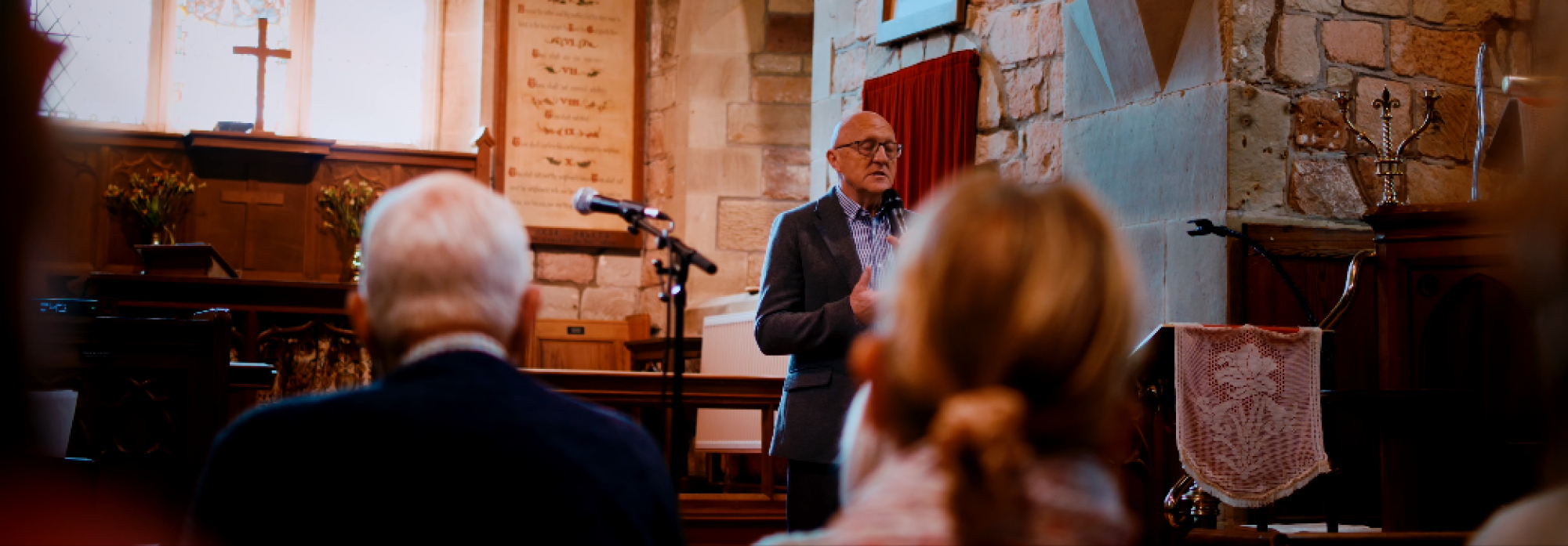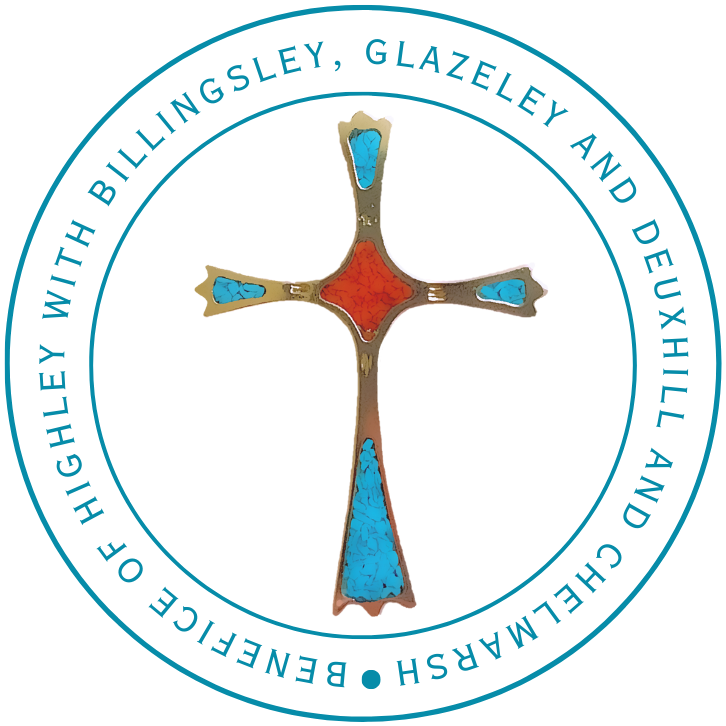The people of the USA have made their choice and we have had the speeches, both of victory and defeat. President-elect Trump has called for healing, but for me, the most profound speech came from the soon-to-be-outgoing President, Joe Biden. The result was clearly a blow for him; he had already been humiliated in that debate and now he had to face that his term in office had been found wanting by the majority of the US electorate. He spoke about accepting the will of the people; the virtue of humility. And he had a memorable line about how to disagree with grace; “we cannot only love our neighbour when we agree with them”. In that, he reconnected with the message of the parable of the Good Samaritan as told by Jesus 2000 years ago. More than ever, particularly this weekend as we commemorate the dead of over a century of wars, that message is one we need to hear.
Rev David Poyner

